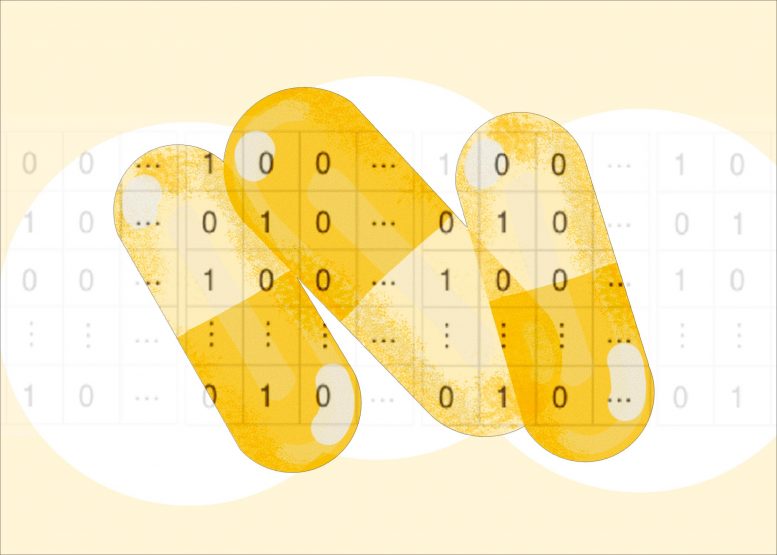
A machine learning model developed in Finland can help us treat cancer more effectively.
When healthcare professionals treat patients suffering from advanced cancers, they usually need to use a combination of different therapies. In addition to cancer surgery, the patients are often treated with radiation therapy, medication, or both.
Medication can be combined, with different drugs acting on different cancer cells. Combinatorial drug therapies often improve the effectiveness of the treatment and can reduce the harmful side effects if the dosage of individual drugs can be reduced. However, experimental screening of drug combinations is very slow and expensive, and therefore, often fails to discover the full benefits of combination therapy. With the help of a new machine learning method, one could identify the best combinations to selectively kill cancer cells with specific genetic or functional makeup.
Researchers at Aalto University, University of Helsinki, and the University of Turku in Finland developed a machine-learning model that accurately predicts how combinations of different cancer drugs kill various types of cancer cells. The new AI model was trained with a large set of data obtained from previous studies, which had investigated the association between drugs and cancer cells. ‘The model learned by the machine is actually a polynomial function familiar from school mathematics, but a very complex one,’ says Professor Juho Rousu from Aalto University.
The research results were published in the prestigious journal Nature Communications, demonstrating that the model found associations between drugs and cancer cells that were not observed previously. ‘The model gives very accurate results. For example, the values of the so-called correlation coefficient were more than 0.9 in our experiments, which points to excellent reliability,’ says Professor Rousu. In experimental measurements, a correlation coefficient of 0.8-0.9 is considered reliable.
The model accurately predicts how a drug combination selectively inhibits particular cancer cells when the effect of the drug combination on that type of cancer has not been previously tested. ‘This will help cancer researchers to prioritize which drug combinations to choose from thousands of options for further research,’ says researcher Tero Aittokallio from the Institute for Molecular Medicine Finland (FIMM) at the University of Helsinki.
The same machine-learning approach could be used for non-cancerous diseases. In this case, the model would have to be re-taught with data related to that disease. For example, the model could be used to study how different combinations of antibiotics affect bacterial infections or how effectively different combinations of drugs kill cells that have been infected by the SARS-Cov-2 coronavirus.
Reference: “Leveraging multi-way interactions for systematic prediction of pre-clinical drug combination effects” by Heli Julkunen, Anna Cichonska, Prson Gautam, Sandor Szedmak, Jane Douat, Tapio Pahikkala, Tero Aittokallio and Juho Rousu, 1 December 2020, Nature Communications.
DOI: 10.1038/s41467-020-19950-z
Never miss a breakthrough: Join the SciTechDaily newsletter.
1 Comment
I find your articles informative about things I do not know about. Getting more educated is always a great idea.